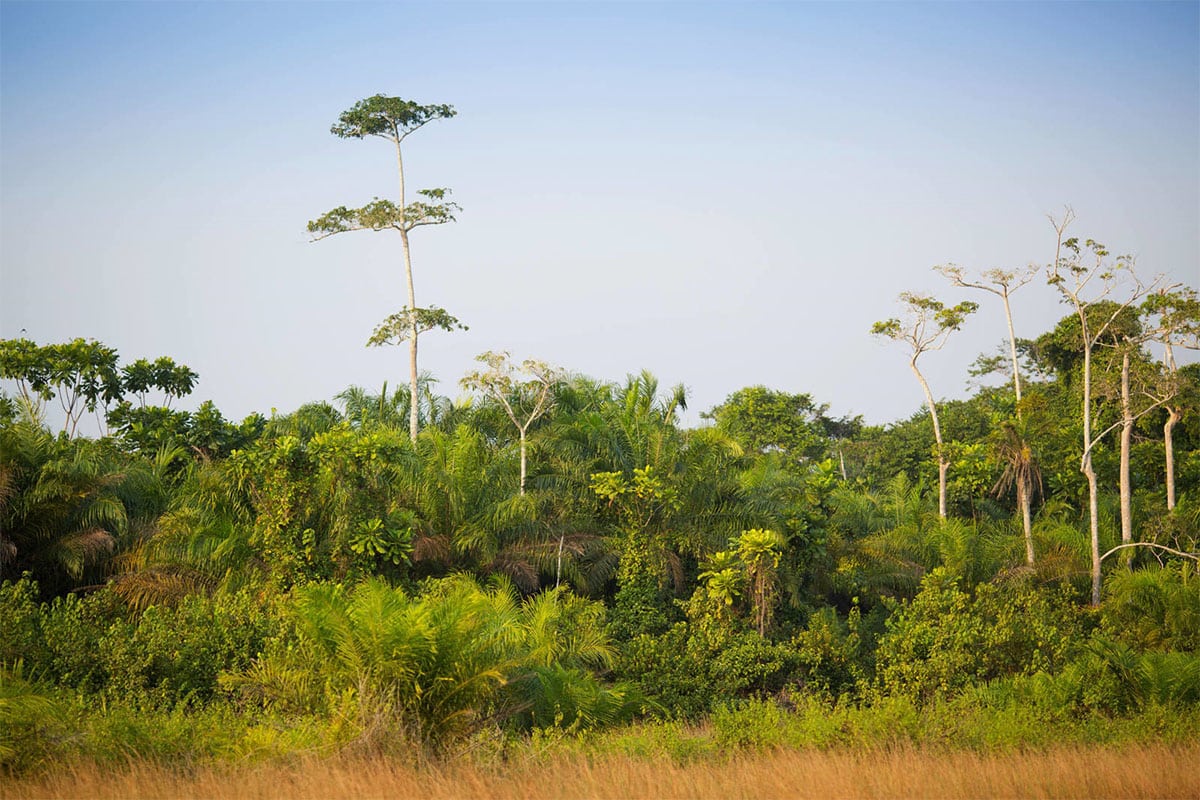
BaCaSi project : carbon sinks in Congo
A large-scale afforestation operation has been kicked off by TotalEnergies on the Batéké Plateau in partnership with the Republic …
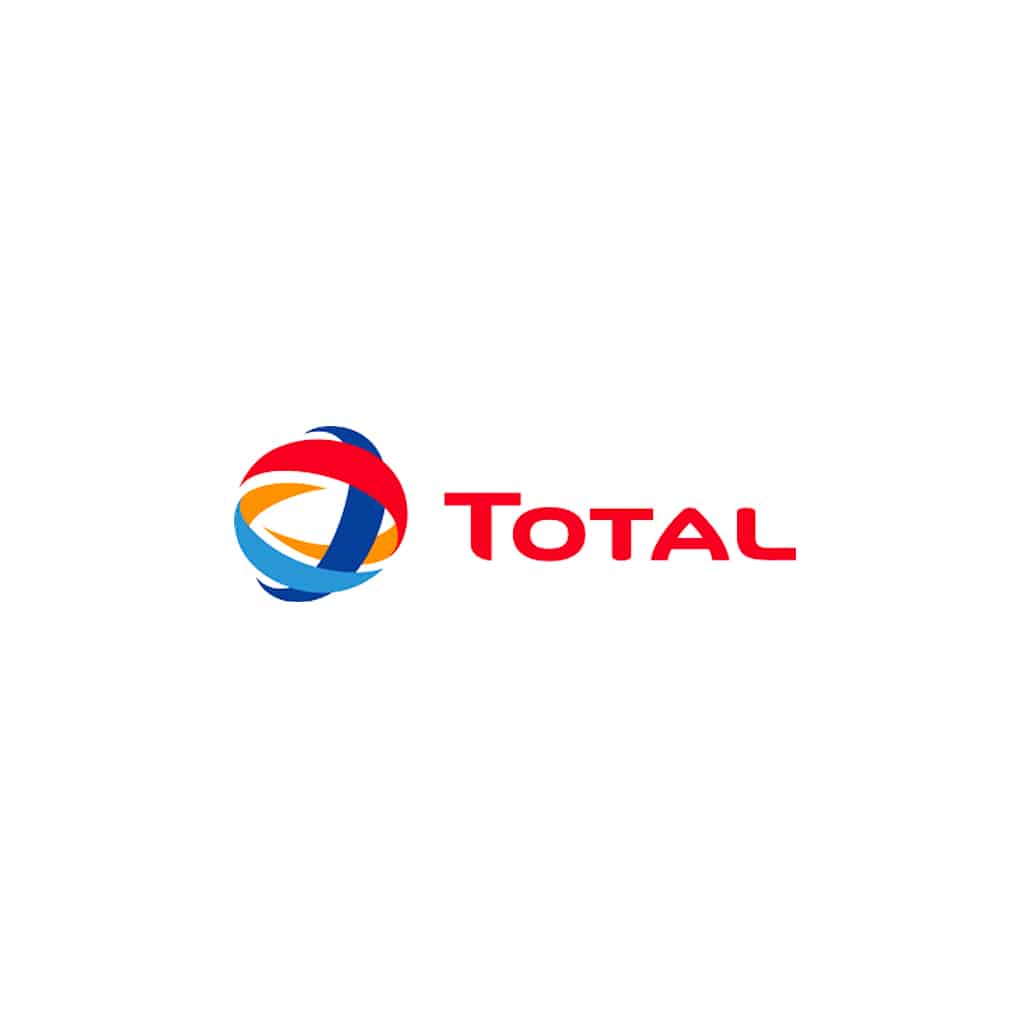
The aim of the project is to transport and permanently store the CO2 emitted by two industrial sites in Norway, and by any other European emitter who subscribes to the transport and storage service offered by the project.
Background
In 2017, Equinor, Norske Shell and Total E&P Norge signed a collaboration agreement, as equal partners, to review the shipping and storage project supported by Gassnova, the CCS arm of the Norwegian government.
The Northern Lights Project
On May 15, 2020, TotalEnergies, in collaboration with Equinor and Shell, made a landmark investment decision to develop Northern Lights, Norway’s first commercial offshore CO2 shipping and storage project. This decision was made possible because of the strong support (subsidies) for the project from the Norwegian government.
https://totalenergies.com/media/news/news/historic-investment-decision-transport-and-storage-co2
This project is part of the Carbon Capture and Storage (CCS) industrial chain supported by the Norwegian government (the “Longship” project). It involves the capture of CO2 from two industrial sources: the first being the Norcem site in Brevik of cement manufacturer, Heidelberg Group (Norcem), and the second the Fortum Oslo Varme waste processing plant in Oslo.
In phase one, the Northern Lights project aims to pioneer and accelerate the decarbonization of European industry, by providing available storage capacity of up to 0.7 MtCO2/year for emitters, in addition to the capacity already reserved by the Norwegian government (0.8 MtCO2/year for Norcem and Fortum).
The funding from the Norwegian government was approved by the European authorities on July 17, 2020 and ratified by the Norwegian Parliament on December 14, 2020. The establishment of the joint venture that will operate and own the Northern Lights project was approved by various national competition authorities in mid-January 2021.
The project is expected to be operational by 2024.
Context
In the carbon management cycle, CCS is deployed following the reduction of emissions through various actions, such as energy efficiency initiatives or the improvement of the energy mix of industrial companies: the switch from coal to natural gas (which can reduce GHG emissions by half), and the development of low carbon electricity, etc.
CCS is the process of capturing residual CO2 emissions in flue gas, separating them from the other components (nitrogen, water, etc.) and liquefying the CO2 to ensure optimal transport to the storage site by pipeline, ship, or other logistical means. The CO2 is then injected into underground porous rock where it can be stored permanently.
This project represents a major step forward in the decarbonization of European industry and will enable the development of large-scale, low-carbon hydrogen production. It also opens up possibilities for integrating CO2 recycling (CCU).
The technology also helps ensure negative emissions when CO2 is captured directly from the atmosphere (DAC = Direct Air Capture) or when it is derived from biomass or waste (BECCS).
Technical description of the project (phase 1)
Operation
Storage and location
In March 2020, the Eos appraisal well was drilled, confirming the characteristics of the storage site. It will be used for CO2 injection and storage.
on which the project has a significant impact
Scope 1 – Operations of the CCS projet
Emission Removal – Permanent storage of CO2 in deep underground reservoirs located offshore
Quantification : 1.5 MtCO2/year
Including 27% of biogenic CO2 (Fortum waste incinerator): negative emissions
Carbon impact of the project
In phase one, the project will develop the capacity to store up to 1.5 MtCO2/year:
In phase two, the project has the potential to reach 5 MtCO2/year of storage capacity.
However, the project also leads to the generation of CO2 emissions when the gas is transported and temporarily stored (before permanent storage in offshore reservoirs): 0.03 tCO2 per tCO2 stored of total direct emissions (on-site construction for onshore + offshore + rig + emissions throughout the operation period) plus indirect emissions (CO2 content of construction materials for ships, and onshore and offshores sites). This represents emissions of 50 kt tCO2/year for 1.5 MtCO2eq/year stored.
Impact on the two capture sites
The two capture sites (Fortum and Norcem) will each reduce their direct emissions by 0.4 MtCO2/year.
TotalEnergies is committed to working towards the Sustainable Development Goals (SDGs) to ensure a brighter and more sustainable future for all. For this reason, the Company is constructing a sustainable development approach based on four pillars: integrating climate change into its business strategy, protecting the environment, respecting and mobilizing employees and suppliers, and contributing to the economic development of the regions where it operates.
To this end, the Northern Lights project, because of its co-benefits, will help to achieve three of the SDGs and to meet specific targets:
The Northern Lights solution can be replicated for all emitters (waste-to-energy, hydrogen, cement and steel producers and other CO2 emitters) as well as for all communities who would like to be involved in the decarbonization effort.
To date, 15 projects are being examined in Europe. No such project is currently being envisaged in France.
Climate-related issues:
The Intergovernmental Panel on Climate Change (IPCC) has described CCS technology as essential in order to achieve a worldwide “net-zero” carbon balance by the second half of the 21st century.
Today, approximately 40 Mt ofCO2/year are stored underground. In its 2020 “Sustainable Development” scenario, the International Energy Agency (IEA) estimates that these volumes must be increased to 900 Mt ofCO2/year by 2030 and 5.4 Gt of CO2/year by 2050 in order to meet the Paris Agreement objectives. The European bodies agree with this growth requirement, and the Commission recommends developing CCUS capacities by 80 and 300 Mt of CO2/year.
In France, the National Low-Carbon Strategy (SNBC) has set a target of achieving Net Zero by 2050. Its reference scenario, “With Additional Measures” (Avec Mesures Supplémentaires – AMS) forecasts 15 Mt of CO2/year of CCS (5 Mt of CO2/year in the industry and 10 Mt ofCO2/year in bioenergy). The ADEME has selected three industrial centers of interest for CCS deployment (Dunkirk, Le Havre-Rouen, and Lacq), with a combined potential capacity of 24 Mt of CO2/year.
Conditions for the project’s success:
In the project’s later stages of development, it will be possible to increase capacity at the site according to market demand from major CO2 emitters across Europe.
The main conditions for the success of the project and of the CCS industry as a whole, are as follows:
And by creating value for CO2 through:
TotalEnergies is working in partnership with Equinor and Shell on this project.
The Norwegian government is supporting the project through subsidies in return for reserving 0.8 MtCO2/year of storage capacity over the first 10 years of operation.
Business development
A non-binding Memorandum of Understanding has already been signed with nine European companies for the development of CO2 capture and storage value chains. The signatory companies include Air Liquide, Arcelor Mittal, Ervia, Fortum, Preem, HeidelbergCement, and Stockholm Exergi.
The establishment of binding commercial agreements will depend, among other things, on a favorable decision by the Norwegian authorities, the decision to develop CO2 capture facilities by third-party clients and the conclusion of bilateral agreements between Norway and third-party countries, where these clients are based, for CO2 transport and storage. This cross-sectoral collaboration provides a unique solution to managing large volumes of CO2 and preventing their release to the atmosphere. These new value chains and the infrastructure for CCS projects can only be developed through cooperation between governments and the private sector.
An investment decision was made by TotalEnergies and its partners in Norway on May 15, 2020 (NOK 6.9 billion or approximately €800 million for CO2 transport and storage).
The funding from the Norwegian government was approved by the European authorities on July 17, 2020 and ratified by the Norwegian Parliament on December 14, 2020. The establishment of the joint venture that will operate and own the Northern Lights project was approved by various national competition authorities in mid-January 2021.
May 2020
Implementation of the project in Norway.
The project can be replicated in Europe.
Economic viability not disclosed
Northern Lights marks the first step towards developing a value chain based on carbon management and decarbonization services. It paves the way for new forms of international logistics.
TotalEnergies has drawn on its expertise in carbon capture, transport, underground storage, and complex chain management to develop this new decarbonization tool. TotalEnergies is thus offering a solution which meets the scale of the decarbonization challenge by taking the first steps towards commercializing this emerging industry.
presse@total.com

A large-scale afforestation operation has been kicked off by TotalEnergies on the Batéké Plateau in partnership with the Republic …
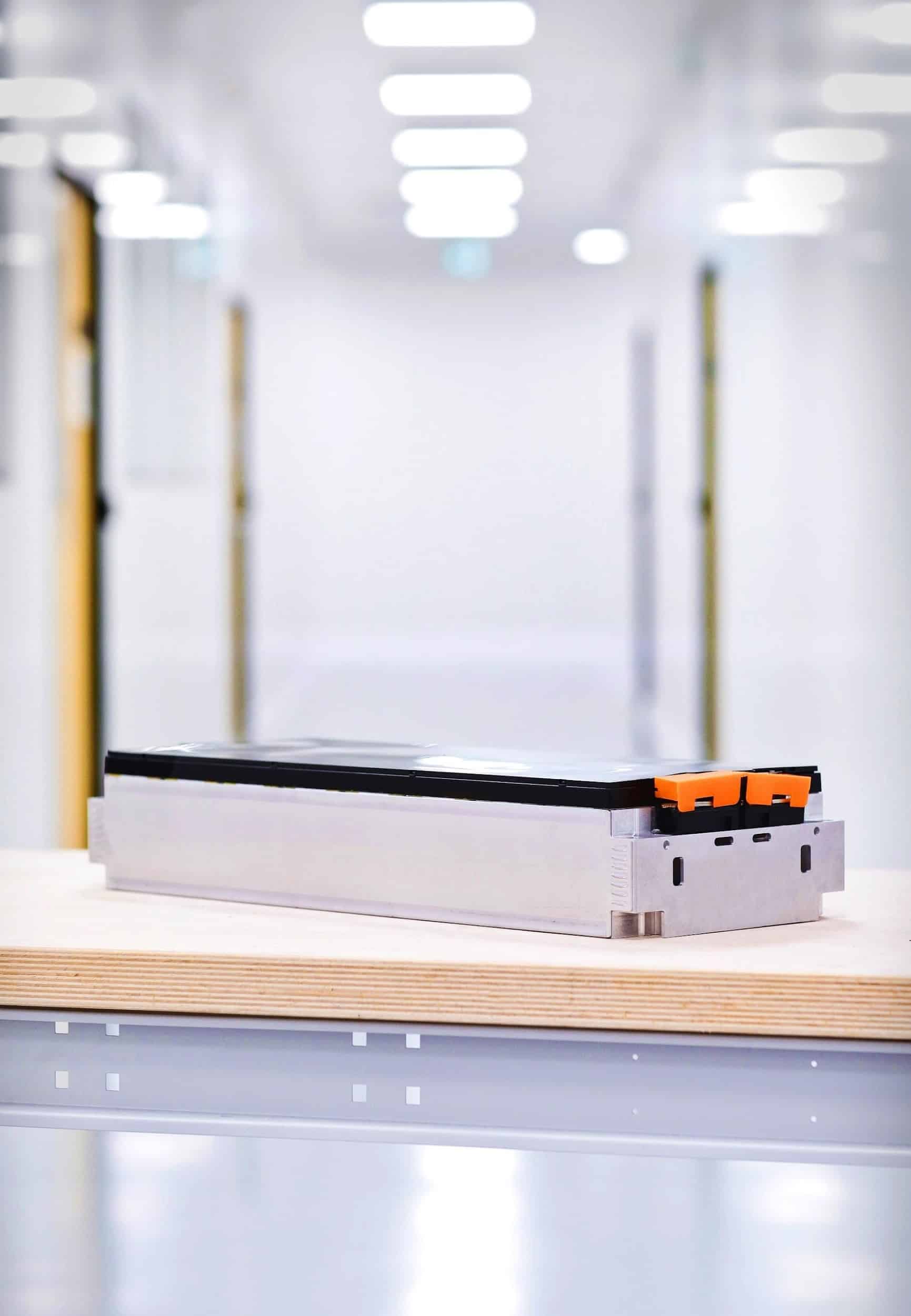
The project consists in building three gigafactories for the production of battery cells and modules for electric vehicles (EV).
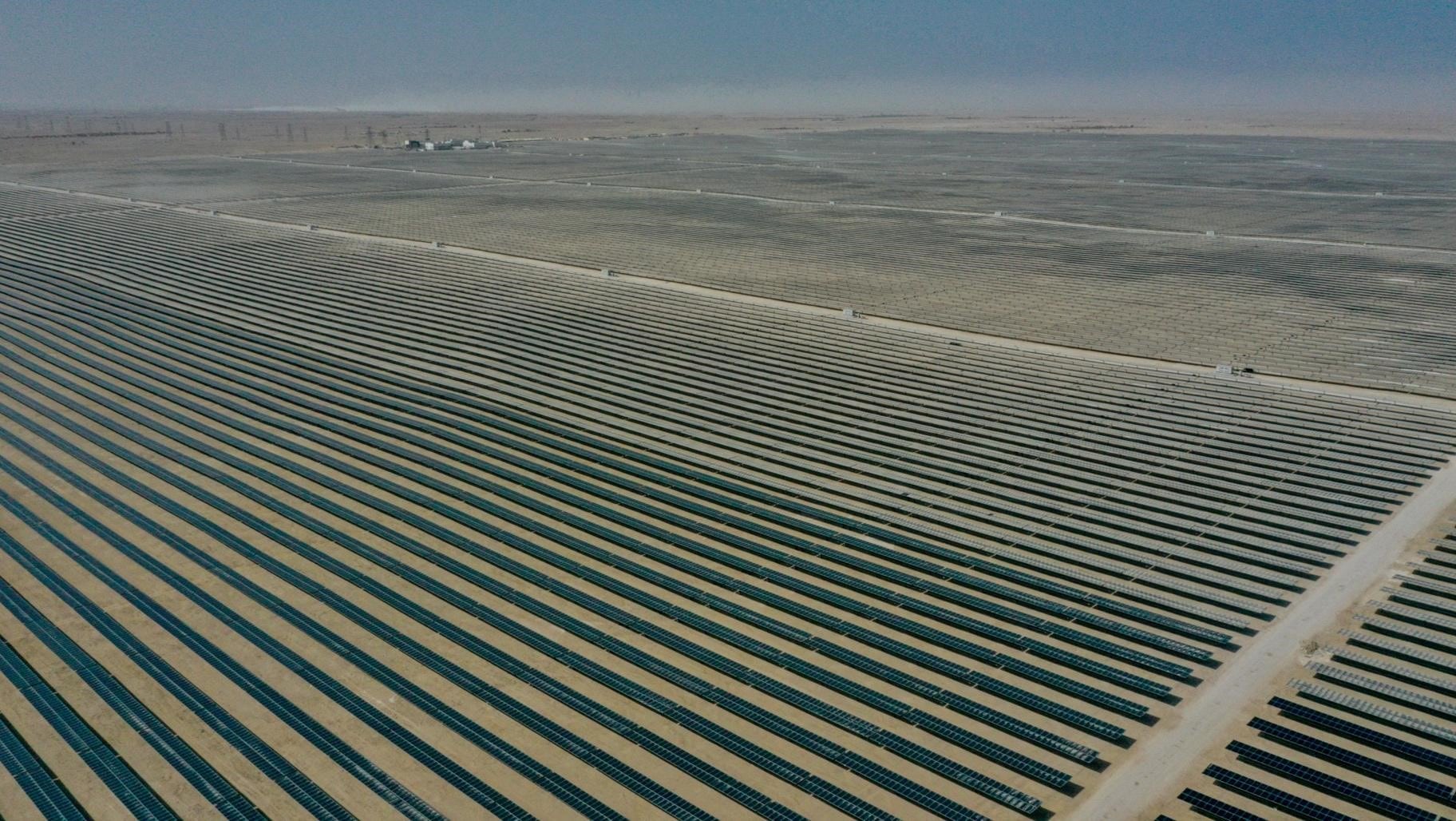
Al Kharsaah is the first utility-scale solar power plant in Qatar and will help reduce Qatar’s CO2 emissions while meeting its increasing electricity demand …
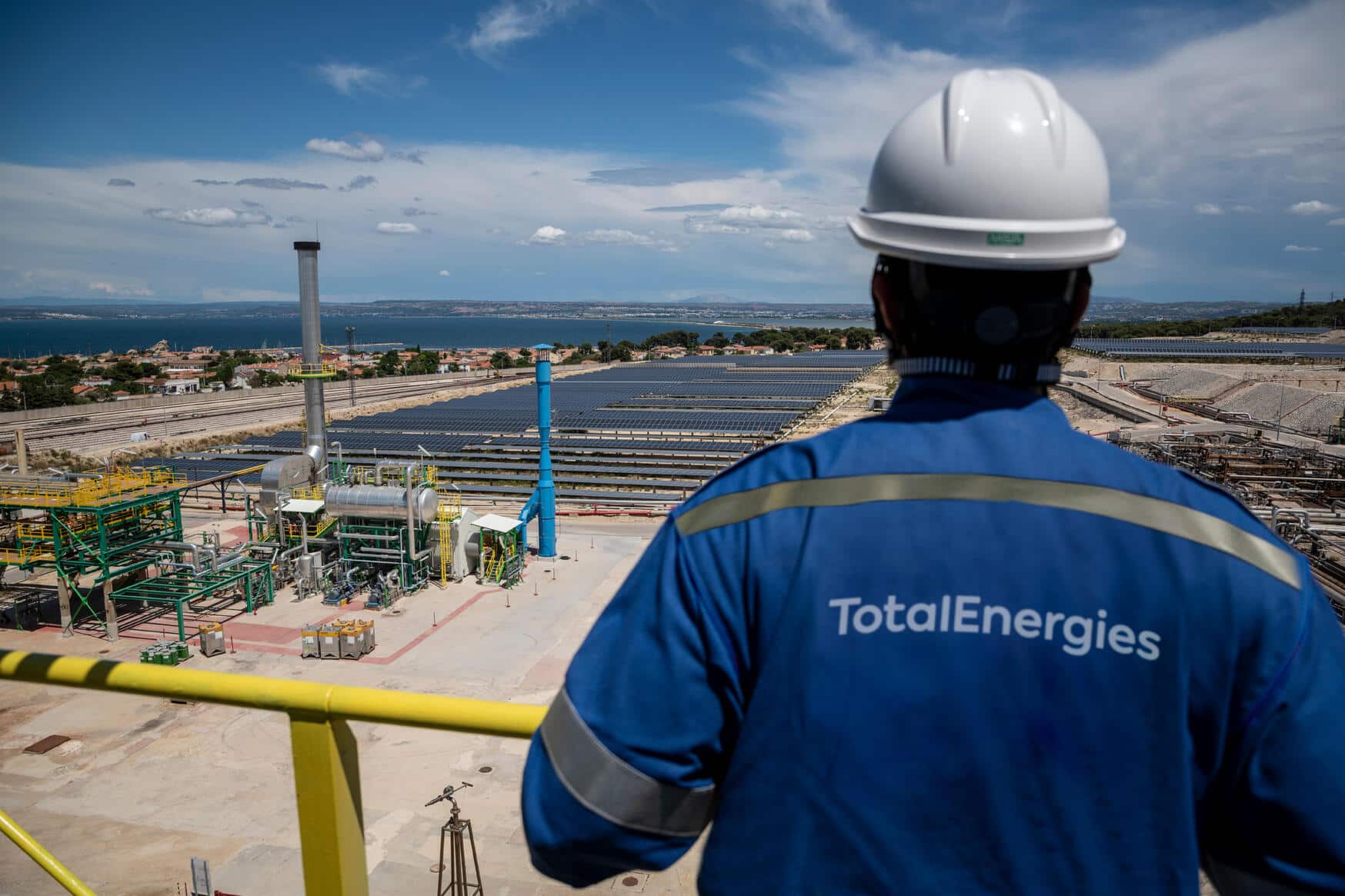
The Masshylia project aims to produce green hydrogen from solar photovoltaic energy to initially supply the TotalEnergies biorefinery in La Mède. This is the first large-scale…
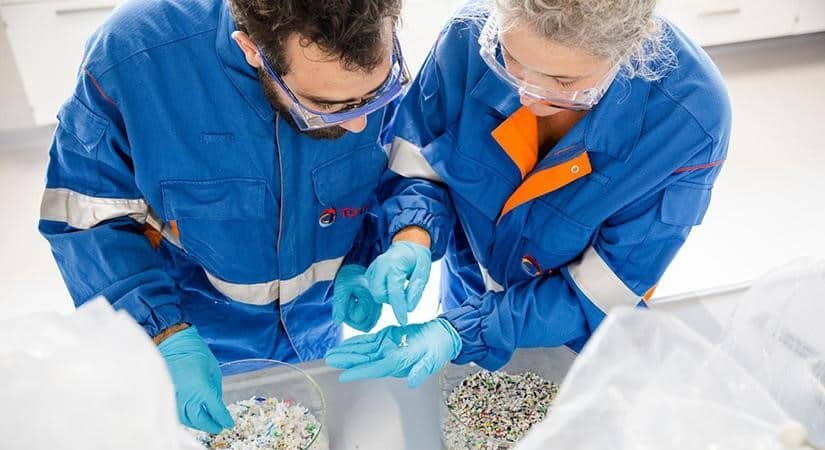
Lanzatech, TotalEnergies and L’Oréal have developed an innovative solution to reduce the carbon footprint of Polyethylene (PE). They have achieved a world first in..
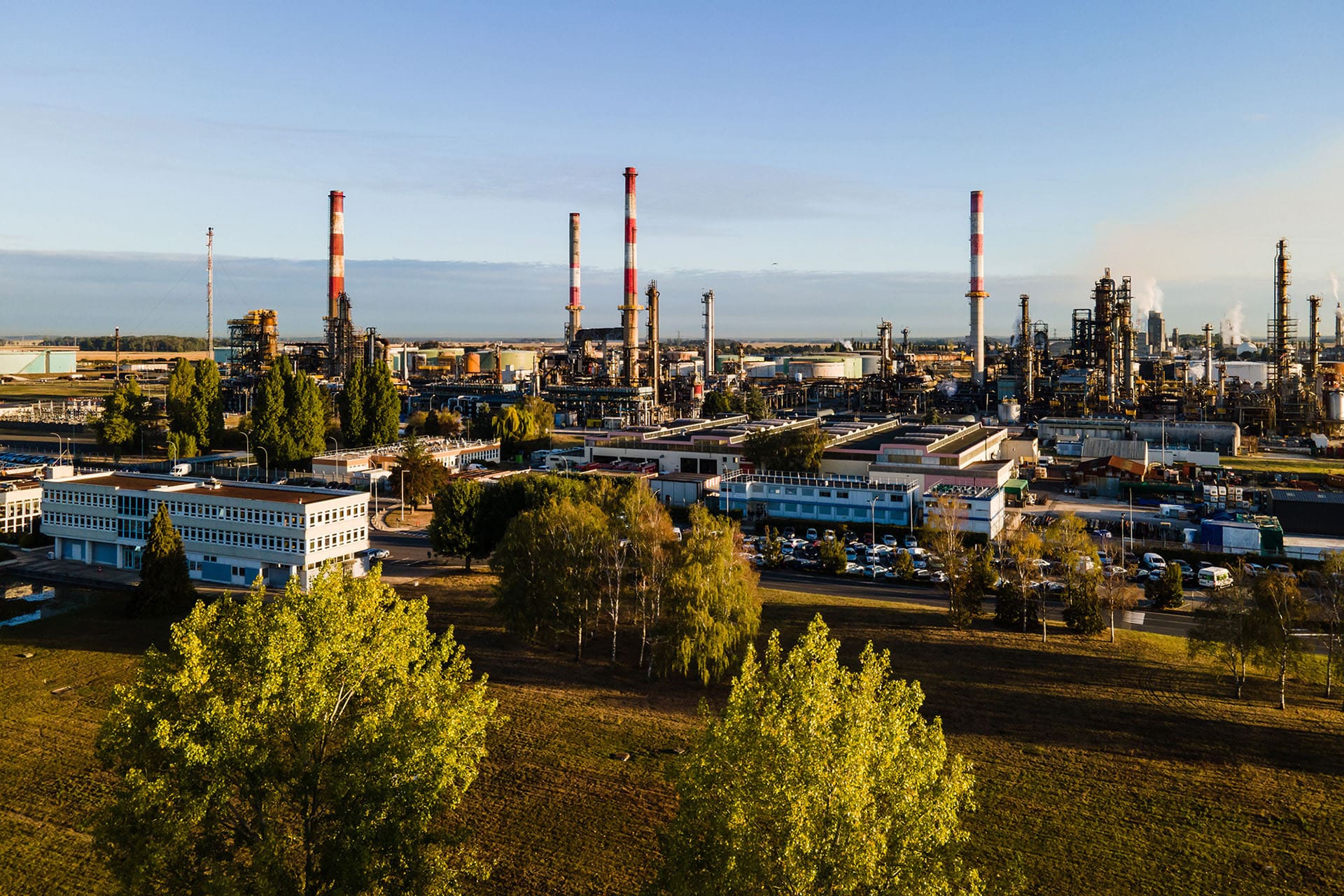
TotalEnergies is launching a project to transform its Grandpuits refinery into a biorefinery, by installing a production…
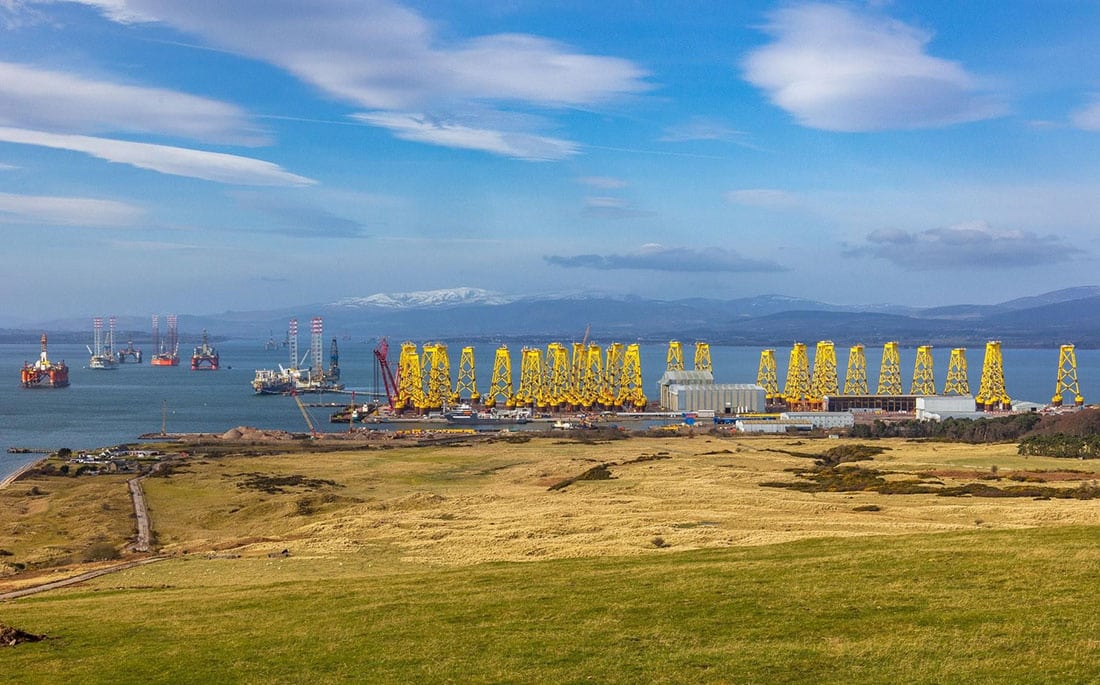
The Seagreen Offshore Wind Farm project aims at generating green electricity from wind energy. Seagreen will be Scotland’s largest …